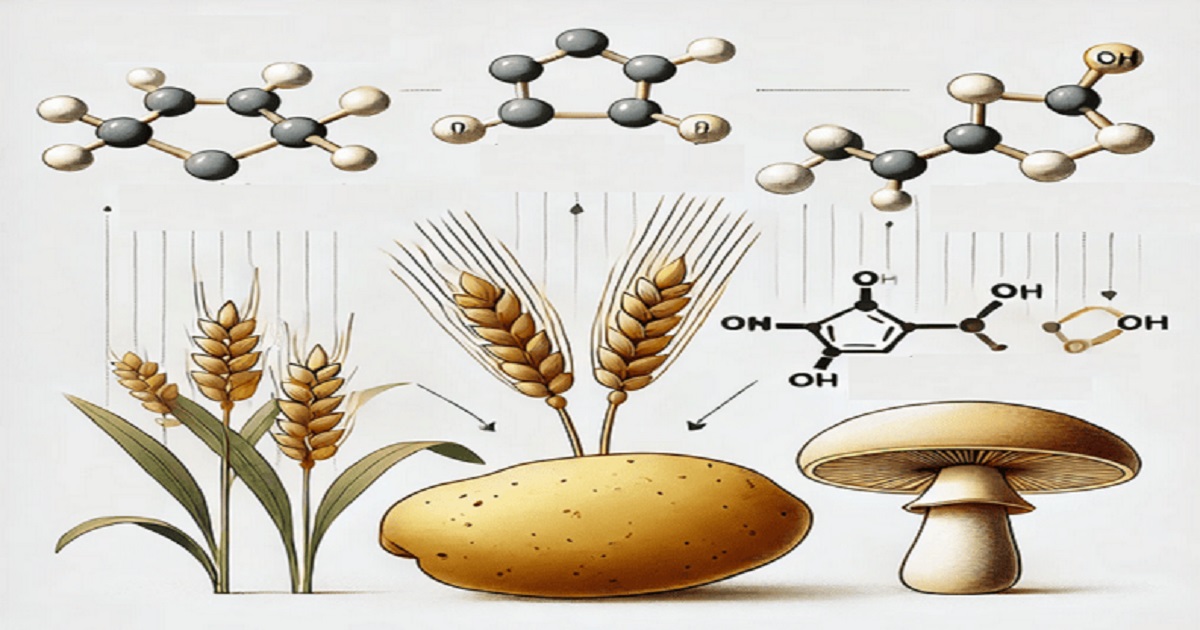- 2.5Impact Factor
- 5.5CiteScore
- 20 daysTime to First Decision
Food Polysaccharides: Chemistry, Technology and Applications
This special issue belongs to the section “Food Science and Technology“.
Special Issue Information
Dear Colleagues,
Polysaccharides are complex natural polymers of crucial importance in living organisms as structural and storage components. They are characterized by great diversity in terms of their structure and properties, which makes them important food components. In addition to the well-known plant starches, beta-glucans are an important group, especially those extracted from mushrooms, distinguished by their unique health-promoting properties. Polysaccharides act as both energetic and structural components in foods. In food technology, they are widely used as gelling agents, thickeners, stabilizers, and emulsifiers, helping to improve the texture, stability, and sensory characteristics of products. Modifying polysaccharides further expands their functionality. Moreover, many polysaccharides exhibit health-promoting properties. Among other things, they are fractions of dietary fiber, supporting the health of the digestive system; have prebiotic effects; and can replace fats in calorie-reduced products. Beta-glucans, especially from mushrooms, stand out for their strong immunomodulatory properties, which further increases their value in functional foods. Their application also goes beyond food production; they are used in biotechnology, the manufacture of active and biodegradable packaging, and other innovative solutions for the food industry.
The purpose of this Special Issue is to gather and present the latest research developments related to any polysaccharides found in food and their application in the food industry and related fields. We invite submissions of both review articles and articles presenting original research results. Publications can cover a wide range of topics related to polysaccharides, such as their structure, properties, analysis techniques, modifications, technological applications, or importance to human health. This issue aims not only to highlight the versatile role of polysaccharides in the food industry, but also to point out their potential in creating innovative solutions of health-promoting and functional importance.
Prof. Dr. Małgorzata Kapelko-Żeberska
Prof. Dr. Artur Gryszkin
Guest Editors
Manuscript Submission Information
Manuscripts should be submitted online at www.mdpi.com by registering and logging in to this website. Once you are registered, click here to go to the submission form. Manuscripts can be submitted until the deadline. All submissions that pass pre-check are peer-reviewed. Accepted papers will be published continuously in the journal (as soon as accepted) and will be listed together on the special issue website. Research articles, review articles as well as short communications are invited. For planned papers, a title and short abstract (about 250 words) can be sent to the Editorial Office for assessment.
Submitted manuscripts should not have been published previously, nor be under consideration for publication elsewhere (except conference proceedings papers). All manuscripts are thoroughly refereed through a single-blind peer-review process. A guide for authors and other relevant information for submission of manuscripts is available on the Instructions for Authors page. Applied Sciences is an international peer-reviewed open access semimonthly journal published by MDPI.
Please visit the Instructions for Authors page before submitting a manuscript. The Article Processing Charge (APC) for publication in this open access journal is 2400 CHF (Swiss Francs). Submitted papers should be well formatted and use good English. Authors may use MDPI's English editing service prior to publication or during author revisions.
Keywords
- food polysaccharides
- food additives
- food gums
- dietary fiber
- functional food
- structure
- properties
- functions
- application
- bioactivity

Benefits of Publishing in a Special Issue
- Ease of navigation: Grouping papers by topic helps scholars navigate broad scope journals more efficiently.
- Greater discoverability: Special Issues support the reach and impact of scientific research. Articles in Special Issues are more discoverable and cited more frequently.
- Expansion of research network: Special Issues facilitate connections among authors, fostering scientific collaborations.
- External promotion: Articles in Special Issues are often promoted through the journal's social media, increasing their visibility.
- e-Book format: Special Issues with more than 10 articles can be published as dedicated e-books, ensuring wide and rapid dissemination.

